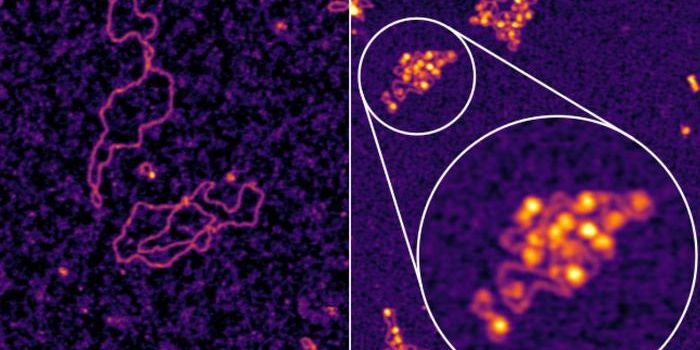Antibiotics for Acne May Impair Bone Development in Teens
Long-term antibiotic use to treat adolescent acne disrupts the gut microbiome and impairs bone maturation. The corresponding study was published in JCI Insight by researchers from the Medical University of South Calorilna, Clemson University, and the University of Florida.
In a previous study on mice, the researchers found that high-dose antibiotics activate a proinflammatory immune response and increase bone-eating osteoclast activity, which ultimately impairs bone maturation. They thus thought to see whether these findings may occur in human clinical scenarios as well.
To this end, they found that minocycline is prescribed to treat adolescent acne. Minocycline works by preventing the growth and spread of bacteria that affect pores and decreasing natural oily substances in the skin that lead to acne. The researchers tested the antibiotic on mice to assess its effects on skeletal maturation.
While minocycline therapy did not induce cytotoxic effects or a proinflammatory response, it triggered changes in gut microbiota composition that rediced fracture resistance, impaired bone microarchitecture, decreased bone mass, and impaired osteoblast function- cells that form bone tissue.
The researchers further found that skeletal development and bone mass accrual did not recover, even after long-term treatment was stopped. As up to 40% of peak bone mass is accrued in puberty, disrupting this critical development window may reduce peak bone mass and increase vulnerability to age-related bone loss.
Next, the researchers sought to find how the microbiome disruption affected bone maturation. From further tests, they found that bile acids- molecules that travel from the liver to the small intestine to aid digestion and break down fats- act as messengers to host cells in the intestine and further afield to stimulate cells such as osteoblasts, which then lead to bone formation.
They found that changing the gut microbiome with minocycline disrupted the liver's bile acids, making them unable to activate osteoblasts. This ultimately led to a decrease of over 30% in bone formation and mineralization.
The researchers noted that their findings might have implications for minocycline's other treatment cases. They wrote, for example, that it is also used to treat rosacea in adults, where it may detrimentally affect bone remodeling and bone mass maintenance. These findings also call into question how similar antibiotics commonly prescribed for skin conditions- such as doxycycline and sarecycline- may affect bone health.
The researchers concluded that their findings highlight the need for clinical research to evaluate the impact of long-term antibiotic therapies on bone health.
Sources: Science Daily, JCI Insight









